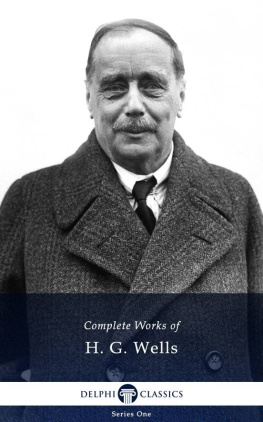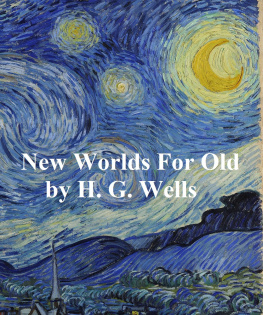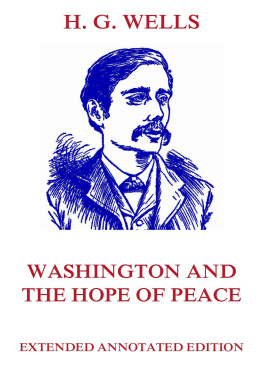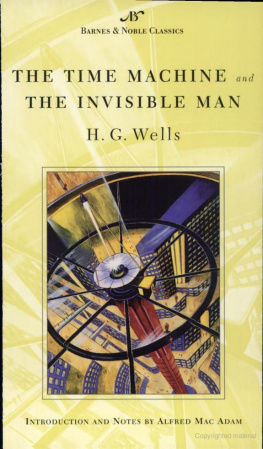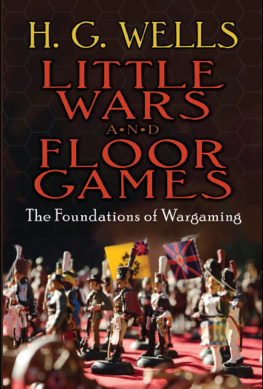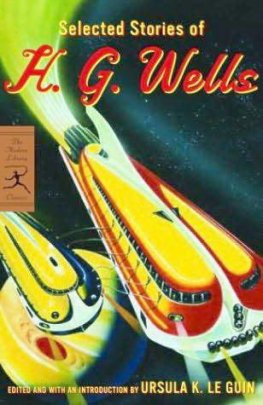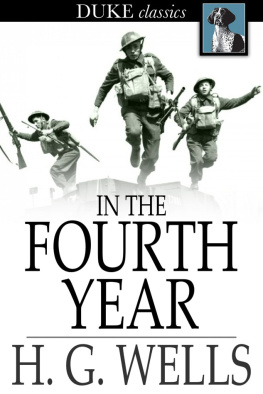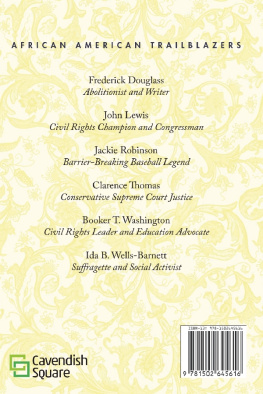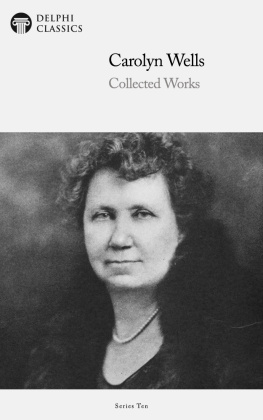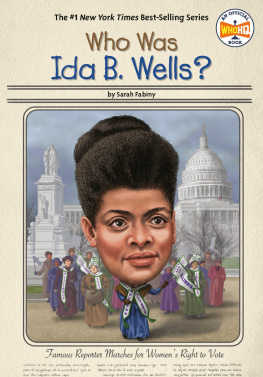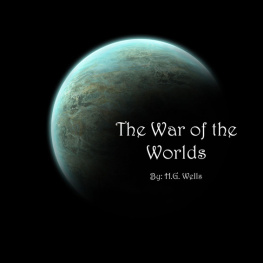H. G. Wells - The Rights of Man
Here you can read online H. G. Wells - The Rights of Man full text of the book (entire story) in english for free. Download pdf and epub, get meaning, cover and reviews about this ebook. year: 2017, publisher: Knopf Doubleday Publishing Group, genre: Art. Description of the work, (preface) as well as reviews are available. Best literature library LitArk.com created for fans of good reading and offers a wide selection of genres:
Romance novel
Science fiction
Adventure
Detective
Science
History
Home and family
Prose
Art
Politics
Computer
Non-fiction
Religion
Business
Children
Humor
Choose a favorite category and find really read worthwhile books. Enjoy immersion in the world of imagination, feel the emotions of the characters or learn something new for yourself, make an fascinating discovery.

The Rights of Man: summary, description and annotation
We offer to read an annotation, description, summary or preface (depends on what the author of the book "The Rights of Man" wrote himself). If you haven't found the necessary information about the book — write in the comments, we will try to find it.
The Rights of Man — read online for free the complete book (whole text) full work
Below is the text of the book, divided by pages. System saving the place of the last page read, allows you to conveniently read the book "The Rights of Man" online for free, without having to search again every time where you left off. Put a bookmark, and you can go to the page where you finished reading at any time.
Font size:
Interval:
Bookmark:
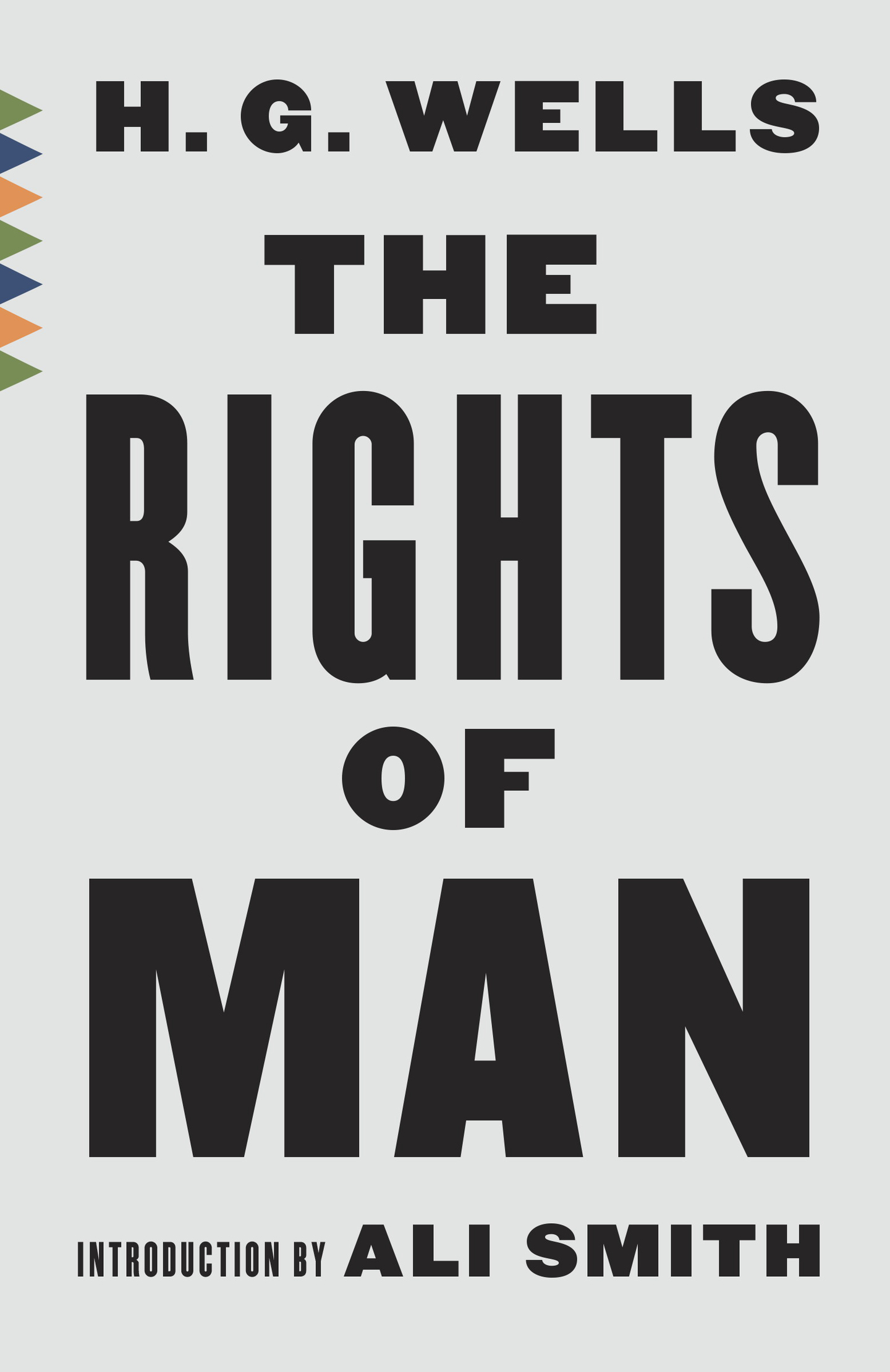
H. G. Wells
THE RIGHTS OF MAN
H. G. Wells (18661946) was a professional writer and journalist who published more than a hundred books, including pioneering science fiction novels, histories, essays, and programs for world regeneration. He was a founding member of numerous movements including Liberty and PEN Internationalthe worlds oldest human rights organizationand his Rights of Man laid the groundwork for the 1948 Universal Declaration of Human Rights. Wellss controversial and progressive views on equality and the shape of a truly developed nation remain directly relevant to our world today.
Ali Smith was born in Inverness, Scotland, and lives in Cambridge, England. Her most recent novel, How to be both, won the Baileys Womens Prize for Fiction, the Costa Novel of the Year Award, and the Goldsmiths Prize, and was shortlisted for the Man Booker Prize and the Folio Prize. Her most recent story collection is Public Library and Other Stories.
ALSO BY H. G. WELLS
The Invisible Man
The Island of Dr. Moreau
The Time Machine
The War of the Worlds
When the Sleeper Wakes
The First Men in the Moon
Tono-Bungay
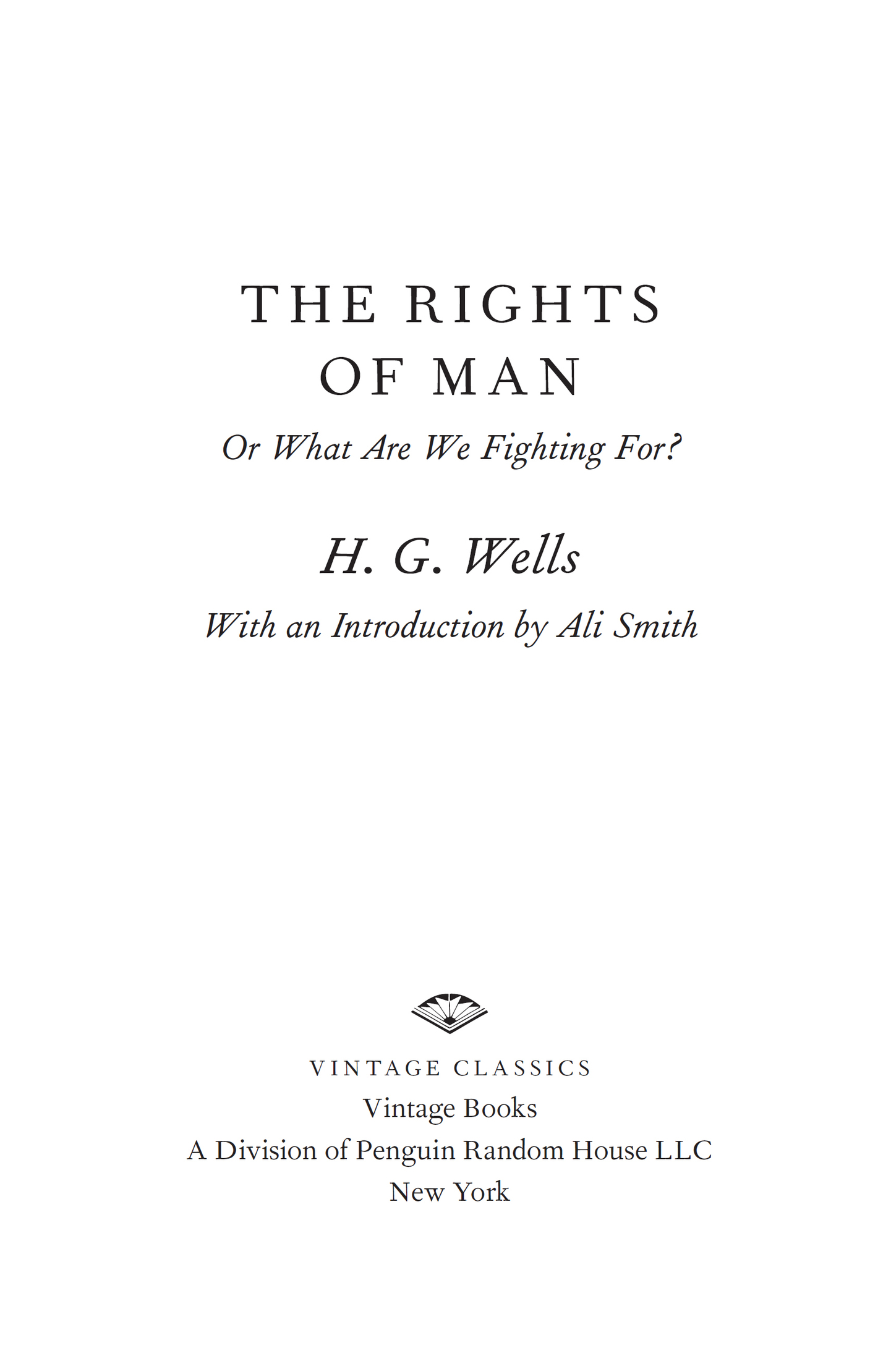

FIRST VINTAGE CLASSICS EDITION, MARCH 2017
Copyright 1940, renewed 1996 by The Literary Executors of the Estate of H. G. Wells
Introduction copyright 2015 by Ali Smith
All rights reserved. Published in the United States by Vintage Books, a division of Penguin Random House LLC, New York, and distributed in Canada by Random House of Canada, a division of Penguin Random House Canada Limited, Toronto. Originally published by Penguin Books, a division of Penguin Random House Ltd., London, in 1940.
Vintage is a registered trademark and Vintage Classics and colophon are trademarks of Penguin Random House LLC.
The Cataloging-in-Publication Data is on file at the Library of Congress.
Vintage Books Trade Paperback ISBN9780525432340
Ebook ISBN9780525432470
Cover design by Joan Wong
www.vintagebooks.com
v4.1
a
Ali Smith
These people were two hundred years further on in the march of civilisation than the Victorian generation. It was not likely they would be less humane.
H. G. Wells, When the Sleeper Wakes, 1899
I was sitting in the caf of a theatre in London waiting to go in to see a new play about cloning. The play was rather mysterious, or rather, the process of getting in to see it was. On my ticket there wasnt a seat number, there was just a number. Number 103. What does this mean? Id asked the man at the box office. It means youre number 103, the man said.
I checked my phone, which is what I use now, like so many of us, instead of a watch. There were forty-five minutes before the doors. I sat down and took my book out of my bag. Ann Veronica. 1909. H. G. Wells.
I was spending quite a lot of my days in this very recent past worrying about a lecture that I was going to have to give in Edinburgh in the too near future. I had no idea yet what it would be about. It was in honour of Wells, I knew a bit about him, I knew a great deal vicariously Id seen the films, knew the tropes but had read very little by him, though I knew what we all knew, that hed written several of the most seminal visionary texts not just of the past century or so, but ever, and hed been world-famous, hugely so in his time, and deeply politically engaged, and very very human, it sounded like, with so many extramarital lovers that his social and amorous peccadilloes were an open joke among some of the more aesthetically experimental writers alive at the same time as him about whom and by whom, because of the way my life had taken its shape, I happened to have read much more. Id hardly read him though, and hed written a hundred more than a hundred books, and me supposed to be so well read etc. and the lecture was relatively soon, and though it could really be about anything and didnt have to be about Wells, I had decided to read as much by him as I could in the time I had and see what happened. Ann Veronica. 1909. Page 1. Chapter 1. Ann Veronica Talks to Her Father.
It was about a spirited young woman on the edge of her seat on a train, determined to make a future for herself different from the one thats expected and permitted. She lives in the suburbs and is on her way home right now to have a blazing argument with her father about how she wants to live her life and do what she wants regardless of what he wants; shes bright, and full of kick and spirit, all coiled energy, life and impetus, and the question all through the prose is: can such energy be contained?
She wanted to live. She was vehemently impatient she did not clearly know for what to do, to be, to experience. And experience was slow in coming. All the world about her seemed to be how can one put it in wrappers, like a house when people leave it in the summer. The blinds were all drawn, the sunlight kept out, one could not tell what colours these grey swathings hid. She wanted to know. And there was no intimation whatever that
But I couldnt concentrate, because of the man sitting next to me, who was holding forth to a young woman he was with about his Watch. They were both in their late twenties, maybe early thirties. Were they together? It was hard to tell, she was sitting opposite saying almost nothing while he told her how many steps hed taken that day, how many minutes in the hour had been exercise minutes compared to the number of minutes when hed been sitting down, hed done two hours and forty-three minutes of exercise today so far, and then he detailed the difference between the exercise minutes which were moving-about minutes and the minutes in each hour hed merely stood for, hed been standing rather than sitting, according to his particular time machine, for three to four minutes in every hour. Which was apparently a really good standing-for statistic, he said.
I carried on pretending to read my book and surreptitiously glanced at the young woman. I was wondering how much longer shed stand for much more of this stunningly boring self-mythologizing. But she was nodding and saying nothing, so I started worrying that maybe this was now the new chat-up routine, and that maybe Id become dated myself not to know that this was what passed, in a different generation, for a display of prowess. Choose me, I stand for an average of three minutes and forty-seven seconds in every sixty minutes. Anyway, she and I, both, had to stand literally about twenty more minutes of what the Watch had told him about himself, before I looked at my phone and saw it was time to find out what number 103, my number, meant, and closed my unread book.
The play was good. It was by Caryl Churchill, and called A Number. Shes one of our visionaries right now, and her vision of the future, and of the tragedy of the lost original self in all the multiple selves were capable of, meant I didnt open my book on the train home, I just sat and stared out the window, thinking about the games people play with real lives in the real world. Then I began to worry again about all the work I had to do, real catch-up work reading one of the original modern visionaries, and when I got home I still didnt open the book but distracted myself instead thinking about the word watch. I began wondering why watches had been called watches, and what watching had to do with time, and vice versa, how time was related to the word watch, and to notions of watching.
Font size:
Interval:
Bookmark:
Similar books «The Rights of Man»
Look at similar books to The Rights of Man. We have selected literature similar in name and meaning in the hope of providing readers with more options to find new, interesting, not yet read works.
Discussion, reviews of the book The Rights of Man and just readers' own opinions. Leave your comments, write what you think about the work, its meaning or the main characters. Specify what exactly you liked and what you didn't like, and why you think so.

